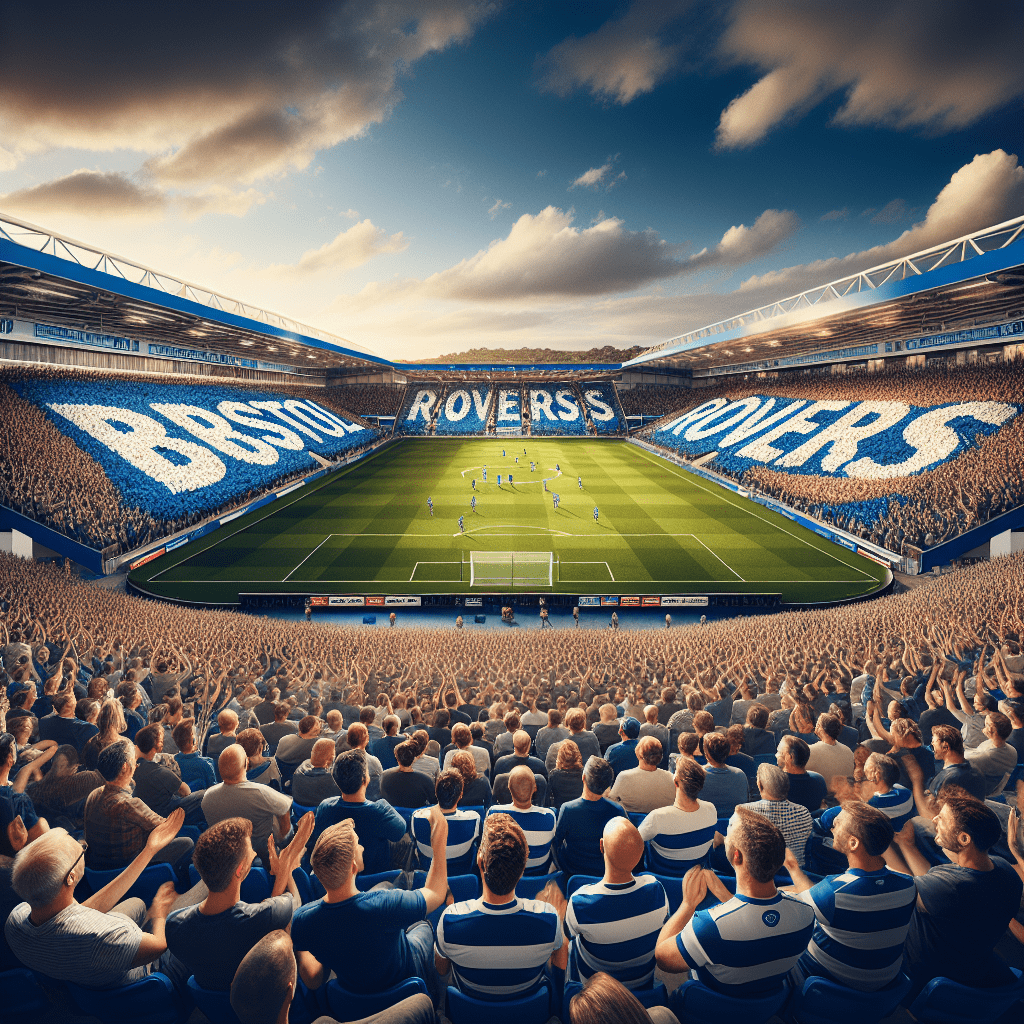The History and Evolution of Bristol Rovers Football Club
Bristol Rovers Football Club, popularly known as “The Pirates,” have etched a vibrant chronicle in English football since their inception. Established in 1883, the club has voyaged through numerous competitions, leaving an indelible mark on the hearts of their fans and the annals of the sport.
The Birth of a Football Institution
The club’s roots date back to 1883 when they were formed by a school teacher at St. Mary’s Church. Originally named Black Arabs FC, the team quickly became recognized for its endeavors in local football circles. Over time, adopting the name Bristol Rovers, they established themselves as one of the two major teams in the city of Bristol, alongside their local rivals Bristol City.
The Journey Through English Football Leagues
Throughout its history, Bristol Rovers has fluttered between the various tiers of English football. From reaching the heights of what is now known as the Championship to contending in the lower divisions, Rovers have experienced a spectrum of triumphs and setbacks.
One significant period was during the 1950s and 1960s when they enjoyed some stable years in the second tier of English football. During that time, they harbored players who became legends at the club, leaving a legacy that would be admired by supporters for generations.
However, there are moments of hardship as well that have tested the mettle of the club. Relegation struggles and financial concerns have intermittently plagued ‘The Gas,’ but community support and effective administration frequently navigated through these rough seas.
Memorable Bristol Rovers Moments
The annals of time store special memories for any football club, and Bristol Rovers is no different. The euphoria accompanying promotion campaigns, especially the playoff win at Wembley in 2007, which saw them secure a place in League One, remains a particularly sweet memory for supporters. Meanwhile, enthralling cup runs – such as their voyage to the quarter-final stage of the FA Cup in 1958 – continue to be recounted fondly.
In recent years, the return to the English Football League (EFL) after winning the Conference play-off final in 2015 showed that despite oscillations in fortune, they held onto their essence – a tenacious spirit and commitment to engaging football.
Home Grounds and Cultural Impact
Throughout its existence, Bristol Rovers have played at various grounds; most notably Eastville Stadium and Twerton Park hold historical significance. The currently named Memorial Stadium serves as their home turf – a ground shared with scenery tinged by both soccer battles and poignant war remembrances from which it garners its name.
The cultural influence of ‘The Pirates’ extends beyond just match-days. It carries into community involvement and represents a woven tapestry within Bristol’s local fabric. Football schools, charity events, and local businesses regularly feel the ebbs and flows emanating from this fan-embracing club.
Challenges and Opportunities
Bristol Rovers navigates not just competition on the field but also challenges such as stadium development plans, financial management for sustainability, and staying technologically apace with modern-day sports administration. With changing dynamics in ownership and management over time, each era brings fresh opportunities for growth and stability at this historic football institution.
Notes
*Image Description*
An expansive view of The Memorial Stadium with its blue and white seats filled with ardent fans; their cheers vivid against an afternoon sky while banners of navy blue and white proudly display ‘Bristol Rovers’.
